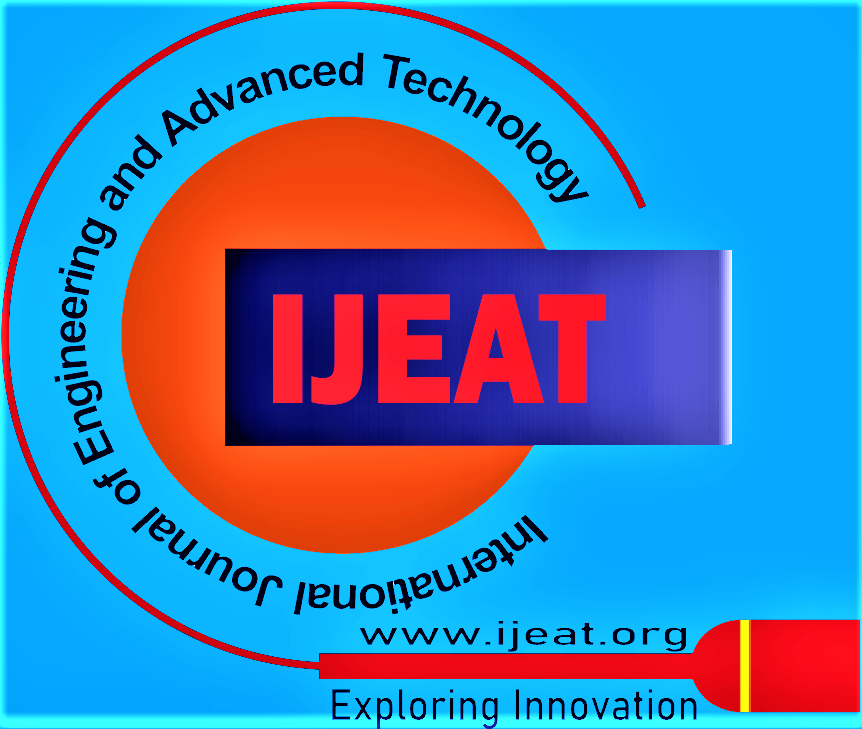A Knowledge Management Model to Improve Strategic Planning and Decision Making in HEIs
Main Article Content
Abstract
Knowledge management practices in Higher education institutions can lead to better decision making, better curriculum development, and research, enhanced academic and administrative services and better utilisation of resources (Kidwell et al., 2000) [6]. Moreover, the advancement in the field of Data Mining and big data science has opened up significant opportunities for these institutions to create, manage, protect and disseminate knowledge effectively. This paper presents a knowledge management model to enhance the research processes, teaching and learning processes, student and alumni services, administrative services and processes, strategic planning and management. This paper uses data mining and big data science techniques to unearth the knowledge hidden in student information systems to enable improved HEIs management and progress.
Downloads
Article Details
Section

This work is licensed under a Creative Commons Attribution-NonCommercial-NoDerivatives 4.0 International License.
How to Cite
References
Abdullah, R., Selamat, M.H., Sahibudin, S. and Alias, R.A., 2005. A framework for knowledge management system implementation in collaborative environment for higher learning institution. Journal of Knowledge Management Practice, 6(1), pp.1-8.
Alavi, M. and Leidner, D.E., 2001. Knowledge management and knowledge management systems: Conceptual foundations and research issues. MIS quarterly, pp.107-136.
Bhusry, M. and Ranjan, J., 2011. Knowledge collaboration in higher educational institutions in india: Charting a knowledge management solution. International Journal of Computer Science Issues (IJCSI), 8(5), p.332.
Cranfield, D.J. and Taylor, J., 2008. Knowledge management and higher education: A UK case study. Electronic Journal of Knowledge Management, 6(2).
Hoveida, R., Shams, G. and Hooshmand, A., 2008, November. Knowledge management practices in higher education institutes: A different approach. In 2008 Third International Conference on Digital Information Management (pp. 695-702). IEEE.
Kidwell, J.J., Vander Linde, K. and Johnson, S.L., 2000. Applying corporate knowledge management practices in higher education. Educause quarterly, 23(4), pp.28-33.
Kok, A., 2007. Intellectual capital management as part of knowledge management initiatives at institutions of higher learning. The electronic journal of Knowledge management, 5(2), pp.181-192.
Maponya, P.M., 2005. Knowledge management practices in academic libraries: a case study of the University of Natal, Pietermaritzburg Libraries (Doctoral dissertation, Loughborough University).
Nonaka, I. and Konno, N., 1998. The concept of “Ba”: Building a foundation for knowledge creation. California management review, 40(3), pp.40-54.
Pinto, M., 2013. Knowledge management systems and intellectual capital measurement in Portuguese organizations: a case study. In Advances in Information Systems and Technologies (pp. 23-32). Springer, Berlin, Heidelberg.
Ramakrishnan, K. and Yasin, N.M., 2012. Knowledge management system and higher education institutions. International Proceedings of Computer Science and Information Technology, 37(1), pp.67-71.
Ranjan, J. and Khalil, S., 2007. APPLICATION OF KNOWLEDGE MANAGEMENT IN MANAGEMENT EDUCATION: A CONCEPTUAL FRAMEWORK. Journal of theoretical & applied information technology, 3(3).
Santos, M.J. and Wane, R., 2013. Knowledge Management Fostering Innovation: Balancing Practices and Enabling Contexts. Management and Engineering Innovation, pp.155-178.
Suciu, M.C., Piciorus, L. and Imbrisca, C.I., 2012. Intellectual Capital, trust, cultural traits and reputation in the Romanian education system. Electronic Journal of Knowledge Management, 10(3), p.223.
Van Deuren, R., 2013. Capacity development in higher education institutions in developing countries. Massachusetts School of Management Working Papers, (2013/30).





